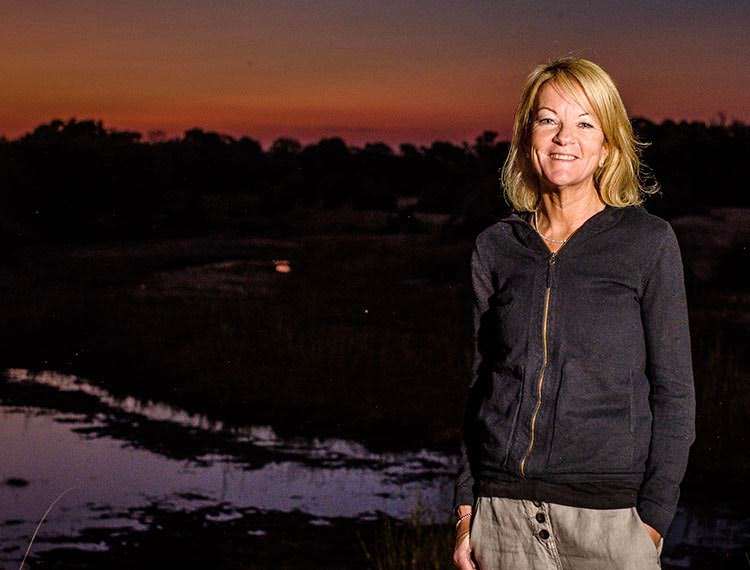How to successfully manage a career change

The average person in the UK will work 3,515 days throughout their lifetime, recent studies have found. That makes your career one of the most important parts of your life. The problem is that the first industry you work in isn’t always the one you’re most passionate about.
As someone who changed careers in my thirties, I know how daunting this challenge can be. I went from working in the education system to setting up my own sports nutrition brand, Grenade®, with my husband. This has been a huge success, with a few bumps along the way, but the change in career is something I absolutely don’t regret doing.
When changing careers, you will be challenged by your internal ‘voice’ telling you it may all go wrong, and other people may not always be as supportive as you would want them to be.
Just know one thing – if you are invested in making the move work, then there is no reason why you shouldn’t look at changing careers.
Use your demotivation as motivation to change
One common reason people change careers is feeling demotivated. After several years of working in education, I found I had hit a brick wall and felt like I couldn’t offer the same drive I once had.
I very much valued working with people, but knew teaching was no longer the career I wanted to remain in. Starting up a business allowed me to continue to work with new and interesting people, while relighting my drive on an exciting new career path.
If you are seriously considering a career change, then you should do as much research as possible into your industry of choice.
There’s no point jumping ship and ending up in a different industry if you end up equally unhappy.
I seriously considered my decision and questioned my motivations before leaving my role to become an entrepreneur. It can be incredibly difficult to move from the relative safety of your current industry, but you stand a good chance of being happier than you are in your current role.
I’d rather be a ‘has been’ than a ‘never was’
Naturally, before any major change, there are going to be worries and internal concerns around the change you’re making.
Moving from relative comfort into the unknown is always going to be challenging.
I always say, “I would rather be a ‘has been’ than a ‘never was’” and this philosophy helped in pushing me towards starting my own business. If it failed, I would at least have been happy to know I had tried.
Having a support network that can help you when you are having second thoughts about the move is also important. I had my husband, Alan, who was going through his own career change, but we both had the belief we could succeed and kept each other going in moments of doubt.
Know your worth
The transferable skills I was able to take from teaching into creating a start-up was vital. Even though there were huge parts of the business I had no idea about, I was able to use my skills I learnt from being a teacher to my advantage.
This is one of the crucial bits of advice I can give to anyone who is thinking of changing careers – know your worth and understand that you have a huge amount of transferable skills you can take into any industry.
Businesses know there are no longer jobs for life, so bringing in someone who may not have worked within one industry can bring positives to their business and a different perspective on how things should be run.
I have been incredibly lucky that the change – from teacher to entrepreneur – has worked well for me, but it only happened because of a desire to make sure I succeeded and a real commitment to entering a new industry.
I was able to do the research and understand the change was absolutely what I needed to develop professionally and personally. Anyone who is looking at changing careers needs to have the resilience and self-belief that the decision they have made is the correct one.
It won’t always be easy but changing career can have incredible benefits for your wellbeing and prospects.
Juliet Barratt- Co-founder Grenade®












Responses